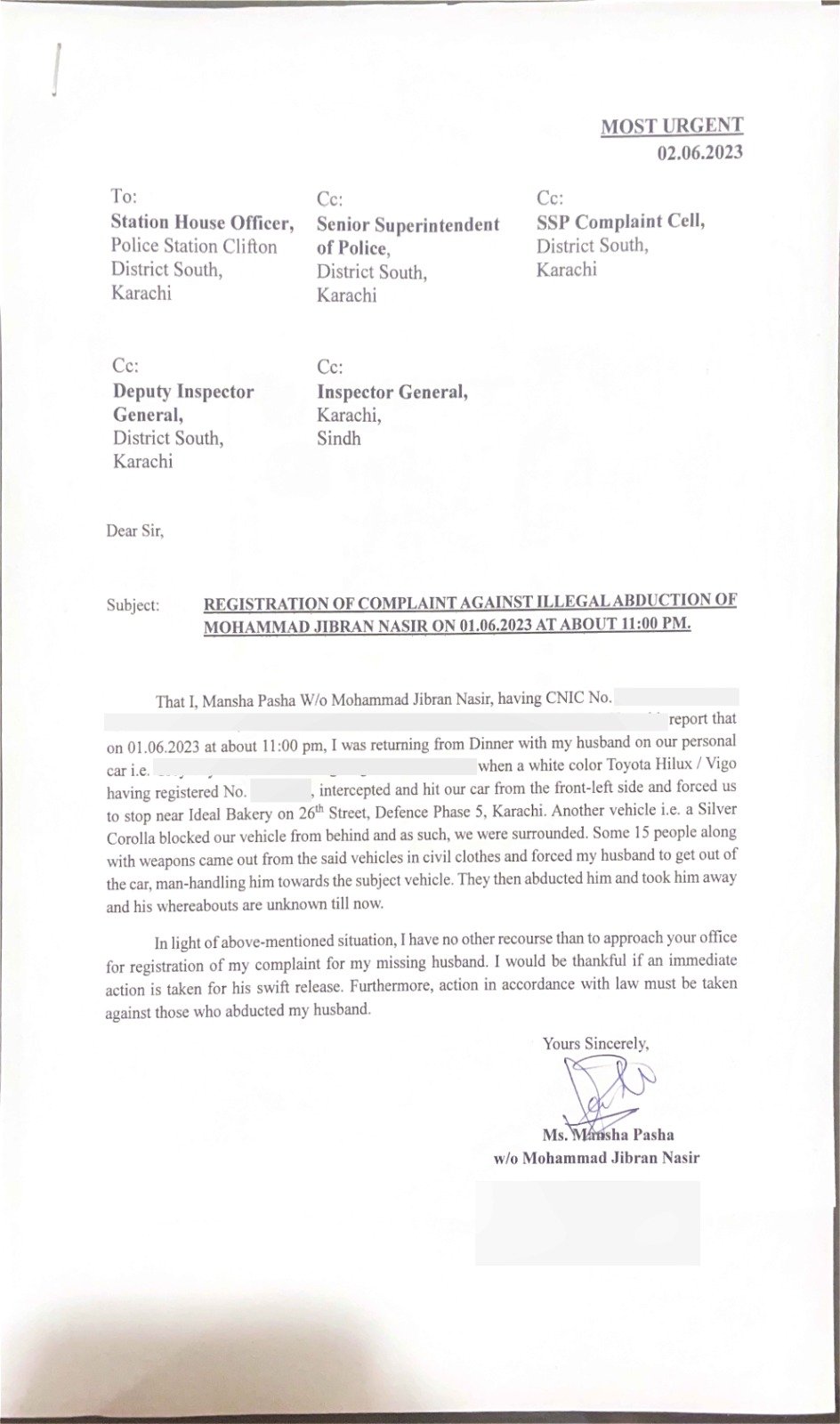Pakistan
Jibran Nasir’s ‘kidnapping’ case registered hours after he was ‘picked up’ in Karachi’s DHA

Latest News
‘Green City’ is how LHC sees Multan in order to combat pollution.
Latest News
The Minister announced that contracts with 12 Independent Power Producers (IPPs), including those utilizing bagasse, had been evaluated; negotiations have concluded for an additional 15 IPPs.
Latest News
Pilgrims, good news! Applications for the Hajj are reopening.
-

 Latest News16 hours ago
Latest News16 hours ago2025 Champions Trophy: PCB submits their initial squad to the ICC
-

 Business16 hours ago
Business16 hours agoHere is the date and information for Google Pay’s launch in Pakistan!
-

 Business16 hours ago
Business16 hours agoOn January 16, the price of petrol in Pakistan can increase once more.
-

 Latest News15 hours ago
Latest News15 hours agoBarrister Gohar claims that the Al-Qadir trust verdict’s delay is unrelated to any transaction.
-

 Latest News15 hours ago
Latest News15 hours agoThis year, 179,210 Pakistanis are performing the Hajj.
-

 Latest News16 hours ago
Latest News16 hours agoMaryam and Khawaja Asif are accused by Qaiser of undermining PTI-government negotiations.
-

 Latest News15 hours ago
Latest News15 hours ago40,000 homes would be provided by Punjab CM Maryam under the Apni Chhat, Apna Ghar initiative through May.
-

 Latest News16 hours ago
Latest News16 hours agoOn January 17, the first satellite manufactured in Pakistan will be launched.













